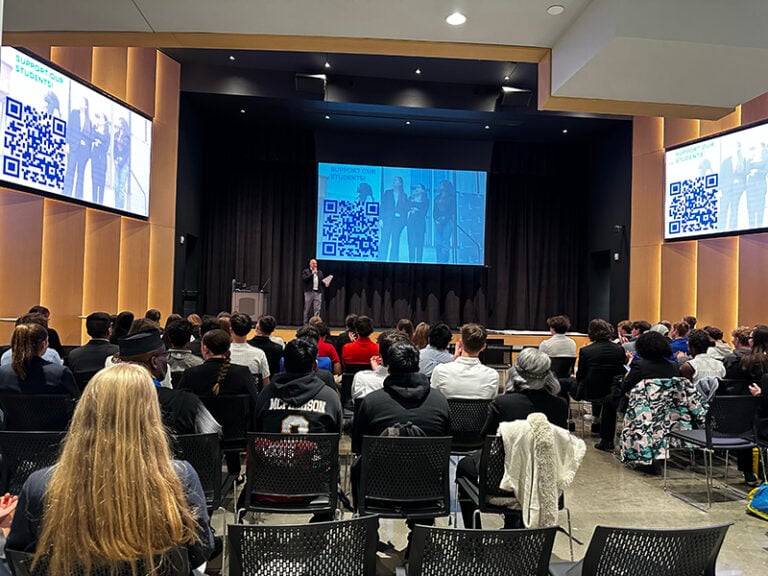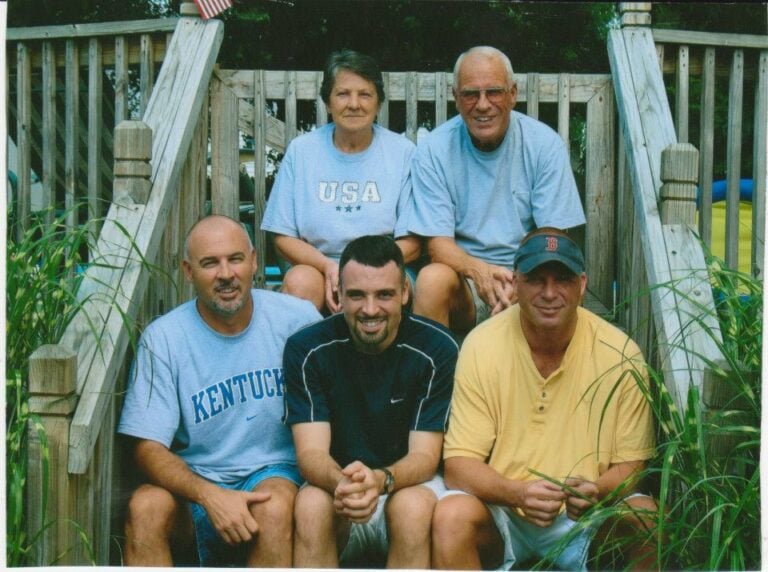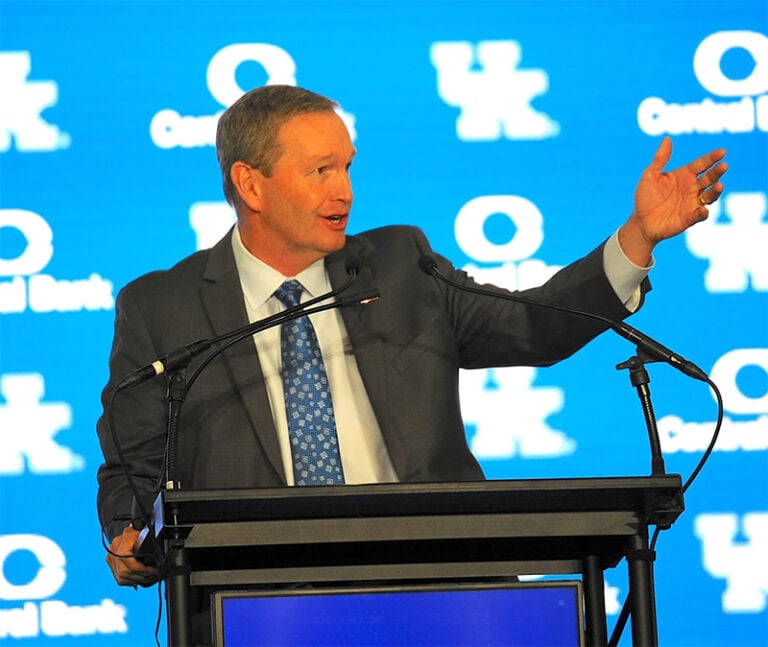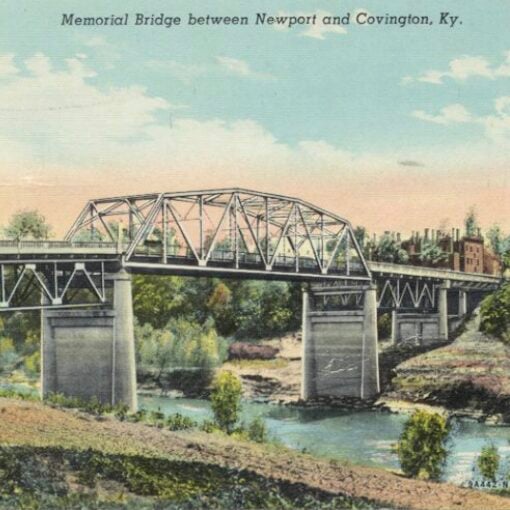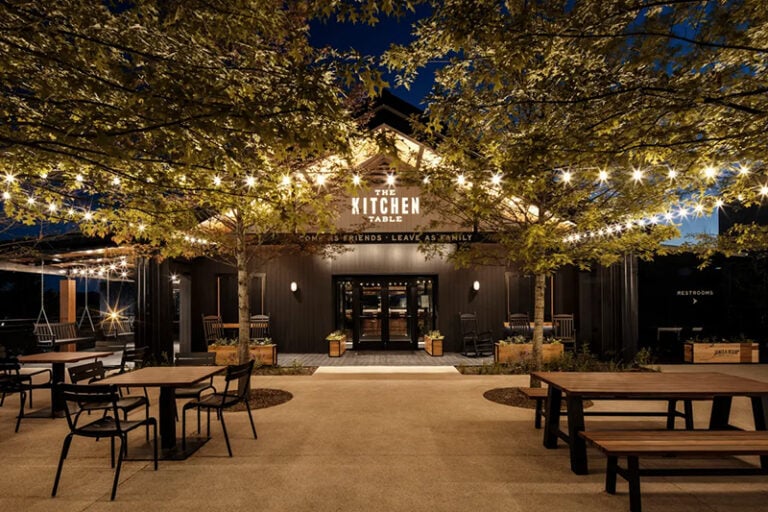By Mark Hansel NKyTribune Managing Editor Richwood in southern Boone County has been targeted as a community poised to benefit greatly from the economic recovery. Commercial and residential developers are moving forward on projects that are expected to bring hundreds of jobs to the county and new homes in upscale communities such as Triple Crown. All of that could come to a grinding halt, however, because Northern Kentucky Sanitation District No.1 (SD1) cannot accommodate the sewage capacity that the new developments would require.

At Tuesday’s Boone County Fiscal Court meeting, James Berling, owner of Berling Engineering, said SD1 denied approval of sewer taps for a residential project in Richwood. Berling, a partner in Triple Crown, said a plan to build 100 new homes near Hicks Pike is in jeopardy as a result. “We’ve had quite a bit of success over at Triple Crown and we seem to keep rolling on from one section to the other,” Berling said. “We have tried to get our applications in to cover us. We may be lacking on the amount of treatment capacity that is being allotted for us, but we met with SD1 staff and we’re trying to work it out.”
Without a change in budget allocations for the coming year, that seems unlikely. SD1 has approved permits for grading and storm sewers on the project, but the request for sewer taps at the site was turned down. Berling said SD1 officials told him limitations on sanitary capacity preclude the utility from granting the tap permits. “We have a commitment to (development partners) and we just want to keep going,” Berling said. David Rager, executive director of SD1, said the current pump station cannot accommodate any new development without an upgrade. “On May 19, the board approved the last reservation capacity permits that we can take for the Richwood Pump Station,” Rager said. “When the developer comes in with their plan. . .there is an estimate on how much sewage that’s going to generate. We do a reservation to make sure that when that development is built we’ve got the capacity handle the flow.” There are currently 581 homes reserved in the Triple Crown area that would be serviced by the Richwood Pump Station and Rager said that’s all it can handle. On May 20, Berling requested the additional permits but was told the pump station had reached capacity and the application was denied.
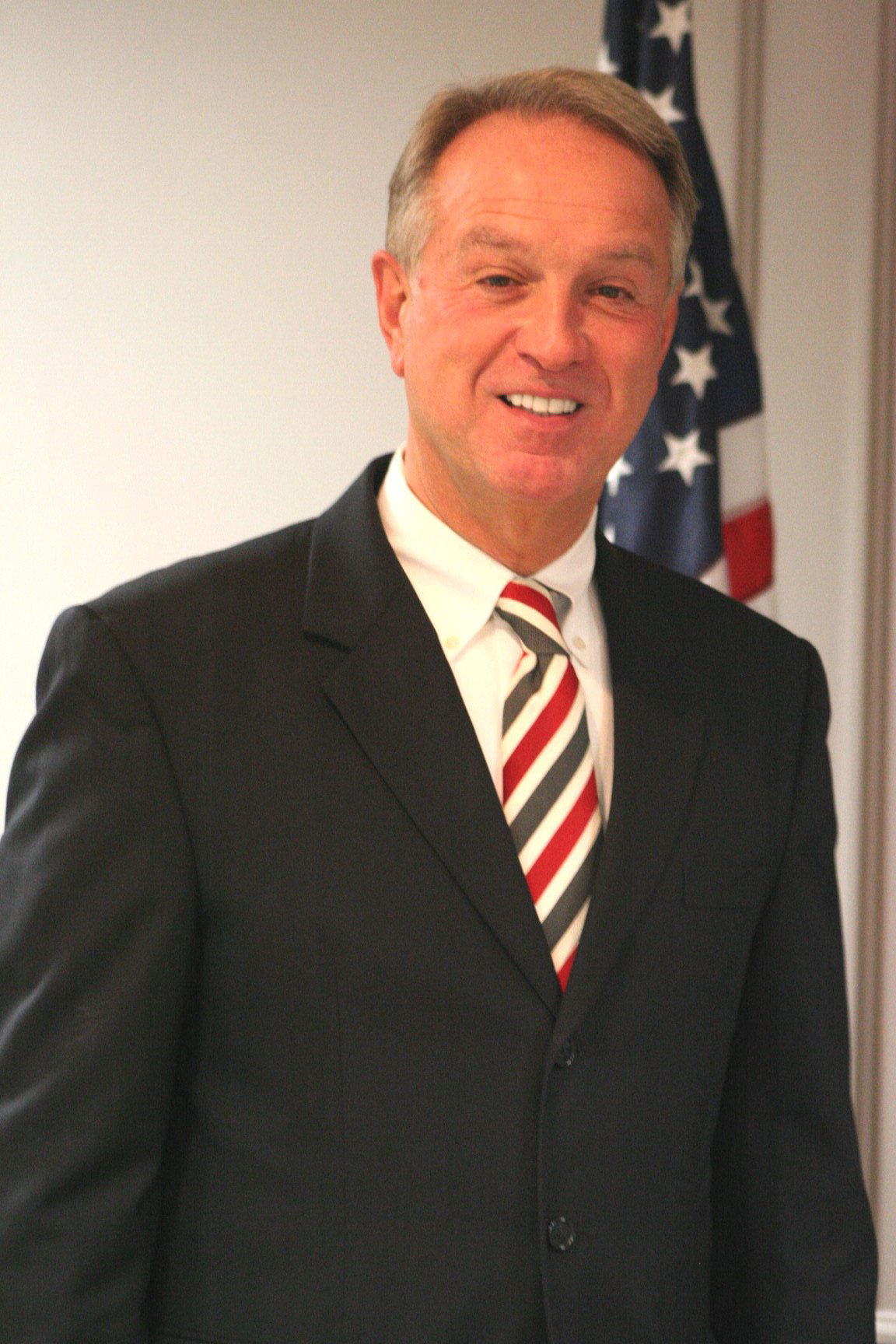
Boone County Judge-executive Gary Moore was clearly unhappy that he was informed of the lack of capacity by a developer, not by SD1, and was not told until after permits were capped. He heard the news less than a week ago and the county commissioners weren’t told until Monday. “So if we had a new client come to us wanting to bring jobs to Boone County in (the Richwood) industrial park tomorrow, there would not be any capacity?” Moore asked. Rager said that would indeed be the case if the client needed to use the Richwood Pump Station. Moore said that news would likely sidetrack planned commercial development in Richwood, including an active Tri-ED project that could bring 1,000 jobs to the county. “I just can’t imagine a company choosing that site and saying ‘we want to build our facility in Boone County and we want to bring a thousand jobs,’ and us saying we can’t do it because we don’t have sewer capacity,” Moore said “One of the things I’m going to do tomorrow is call Tri-ED and ask if we need to remove ourselves from consideration on this project. Why use any more staff time trying to get it if we can’t accept it?” After the meeting, Moore said the ripple effect on other potential development in Richwood could be even more devastating if prospects realize there is not enough sewer capacity to accommodate projects. A plan to increase capacity at the station to provide service to between 2,500 and 3,000 additional homes is estimated to cost $3.4 million. Each one percent increase in the budget generates $600,000 and because the raise is cumulative, SD1 staff estimates a 5 percent increase would allow the utility to complete the Richwood upgrade and other high-priority projects. The SD1 Board, however, has asked the staff to deliver a budget with no increase to customers this year. Rager said if the Richwood project was added to the budget, SD1 would green light the additional permits. “We know the project is going to generate the capacity and the 581 homes are not going to be built in the next couple of months,” Rager said. 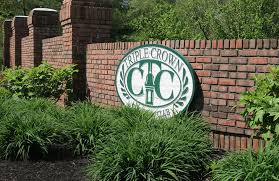 Rager said five high priority projects, including the Richwood Pump Station, were cut when the SD1 board asked for a budget with no rate increase. The other projects will generate little if any new revenue. Commissioner Charlie Walton seemed baffled that SD1 wouldn’t approve the Richwood project, which would ultimately generate much more revenue than it costs. He said homebuilders pay $3,500 per tap to SD1, which would generate more than $10 million if an additional 3,000 homes were built in the Richwood area. That would be more than three times the amount needed to cover the upgrade, in addition to the amount homeowners would contribute as rate payers. “You have a treatment plant down in the western part of Boone County that you built that has the capacity to handle all of that, but you don’t plan for any line,” Walton said. “It’s not good judgment to create a large treatment plan and then not have the infrastructure to (deliver the sewage). Rager said the plant was in the pipeline before the economic downturn, which dramatically changed the utility’s business model. Prior to 2008, SD1 was receiving about $7 million in connection fees. The treatment facility was built with the expectation that there would be sufficient revenue to fund it and the infrastructure to deliver the sewage. During the economic downturn, when there was little new development, revenue from connection fees decreased dramatically and was only about $1 million last year. SD1 was also faced with consent decrees from the U.S. EPA that required it to address environmental issues. While the utility got a reprieve from the EPA last year it continues to struggle to upgrade deteriorating infrastructure in the river cities and other areas.
Rager said five high priority projects, including the Richwood Pump Station, were cut when the SD1 board asked for a budget with no rate increase. The other projects will generate little if any new revenue. Commissioner Charlie Walton seemed baffled that SD1 wouldn’t approve the Richwood project, which would ultimately generate much more revenue than it costs. He said homebuilders pay $3,500 per tap to SD1, which would generate more than $10 million if an additional 3,000 homes were built in the Richwood area. That would be more than three times the amount needed to cover the upgrade, in addition to the amount homeowners would contribute as rate payers. “You have a treatment plant down in the western part of Boone County that you built that has the capacity to handle all of that, but you don’t plan for any line,” Walton said. “It’s not good judgment to create a large treatment plan and then not have the infrastructure to (deliver the sewage). Rager said the plant was in the pipeline before the economic downturn, which dramatically changed the utility’s business model. Prior to 2008, SD1 was receiving about $7 million in connection fees. The treatment facility was built with the expectation that there would be sufficient revenue to fund it and the infrastructure to deliver the sewage. During the economic downturn, when there was little new development, revenue from connection fees decreased dramatically and was only about $1 million last year. SD1 was also faced with consent decrees from the U.S. EPA that required it to address environmental issues. While the utility got a reprieve from the EPA last year it continues to struggle to upgrade deteriorating infrastructure in the river cities and other areas.
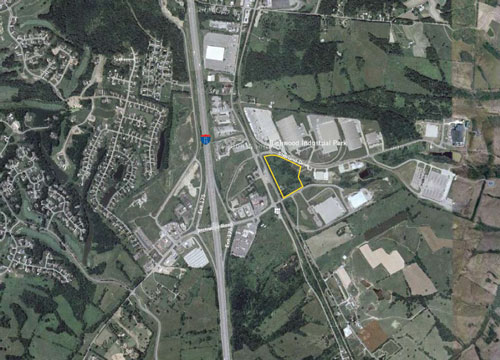
The result is a utility that has become overburdened with maintenance issues and now appears unable to deliver on the projects that will help facilitate the growth associated with an economic recovery. “We’ve had a major drop in revenues, so trying to implement these projects has been difficult,” Rager said. “We know what needs to be done, it’s just a matter of how do we fund it to make it happen.” SD1 board member Adam Chaney of Burlington bristled at the suggestion that the project could only be completed with a rate increase. “We have $60 million in capital projects (budgeted),” Chaney said. “In my opinion, zero of the $60 million is going to growth projects. So to say that we have to have a rate increase to afford this just isn’t the case, it’s a matter of priorities.” Chaney recognizes that legal obligations make some tasks a higher priority, but believes projects that generate revenue, such as infrastructure for new home development, should be moved up. “What we have to do is find revenue sources and that means raising rates to (SD1 staff),” Chaney said. “As a business person, revenue sources means finding new customers. Find as many new customers as you can, become as efficient as possible, then we can talk about raising rates.” SD1’s board will meet on June 16 to make its final decision on next year’s budget, but without a rate increase, the Richwood project is not expected to be included.








